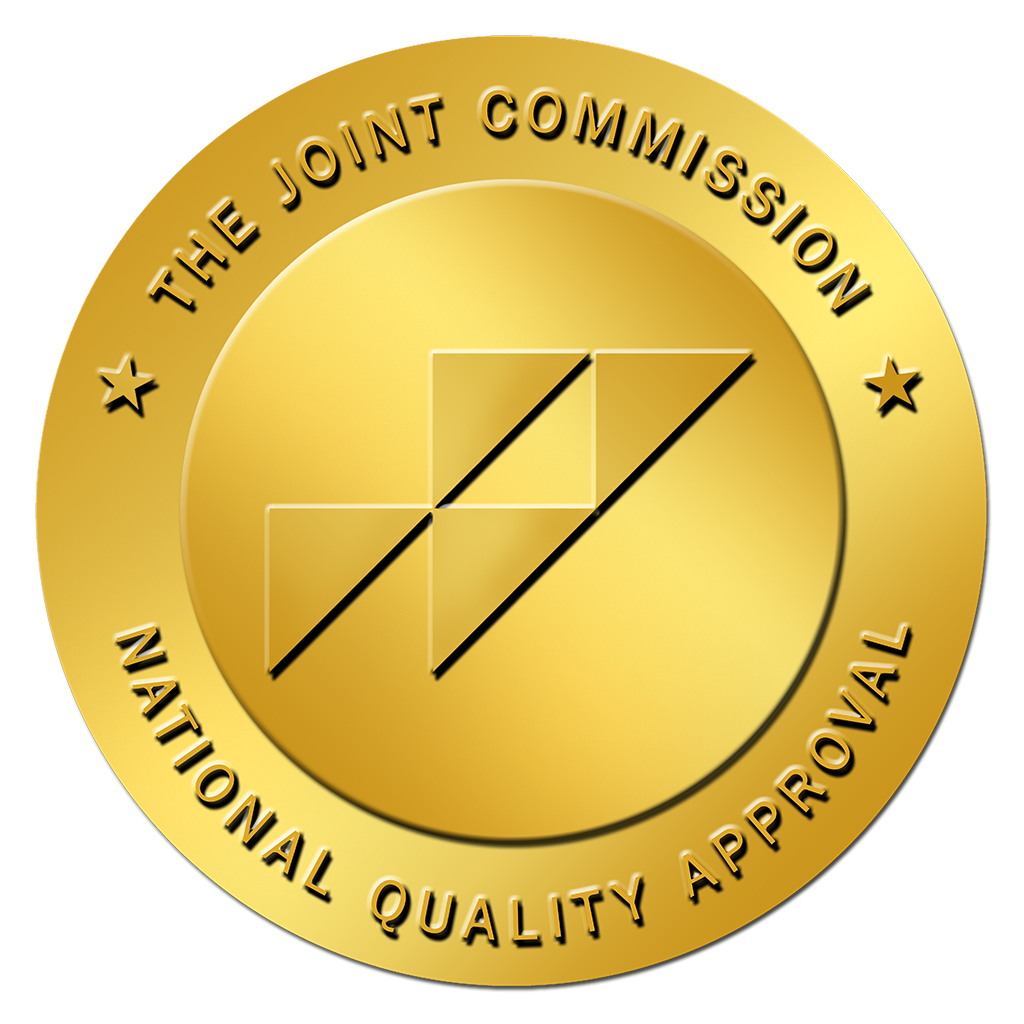Yes, alcohol is considered a drug and has a variety of short-term and long-term adverse effects. It enters your bloodstream as soon as it is consumed. As you drink, you increase your blood alcohol concentration (BAC) level, which is the amount of alcohol present in your bloodstream. The higher your BAC, the more impaired you become by alcohol’s effects.
Is Alcohol a Stimulant or Depressant?
Alcohol is classified as a depressant, meaning that it slows down brain functioning and neural activity – resulting in slurred speech, unsteady movement, disturbed perceptions and an inability to react quickly. It also reduces the functioning of various vital functions in the body. This is due to the increased production of the inhibitory neurotransmitter, gamma-aminobutyric acid, or GABA.
However, although alcohol is classified as a depressant, the amount consumed can drastically impact whether the user experiences depressant or stimulant effects. In small quantities, alcohol is more likely to act as a stimulant, resulting in increased talkativeness, overconfidence, increased heart rate and improvements in mood. But if a person consumes more than the body can handle, then he or she is more likely to experience alcohol’s depressant effect.
How Does Alcohol Affect the Brain?
Alcohol can actually cause physical changes in the brain’s chemistry and functioning, which also plays a major role in the development of alcohol dependence. When a person consumes alcohol regularly, the brain reward and pleasure centers become overloaded with increased levels of dopamine. This “high” users experience keeps them hooked, causing them to repeat their drinking habits and behaviors.
In addition, alcohol also can compromise one’s ability to make decisions, as well as impact one’s impulse control. Often times, this results in a compulsion to drink. This also makes relapse more likely when one attempts to quit drinking. What may begin as recreational alcohol consumption can easily transition into an alcohol use disorder or alcohol dependence – all due to the fundamental changes caused in the brain.
But, the brain isn’t the only place in the body that alcohol can negatively affect. Alcohol consumption can cause problems with the heart – leading to high blood pressure and stroke and the liver – leading to cirrhosis and steatosis (fatty liver). It can also cause serious issues within the pancreas. More specifically, regular alcohol consumption can cause the pancreas to produce toxic substances that can eventually lead to pancreatitis, a dangerous inflammation and swelling of the blood vessels in the pancreas that prevents proper digestion.
How Much Alcohol is Too Much?
Everyone is different, and though there is no litmus test to determine whether a person is drinking too much, there are signs to look out for that could signal you need to seek help. These include:
- You have health problems associated with your drinking. If your doctor has shared his concerns that your drinking has caused tangible effects on your health, take heed of his advice. Your body is telling you loud and clear that alcohol has taken its toll and it’s time to seek help.
- Your friends and family have told you they’re concerned about your alcohol use. When those closest to you notice your drinking, it’s time to take note. After all, it’s easier to see the changes in your life from the outside. If those close to you are concerned, you should be, too. After all, they have your best interests at heart.
- You experience withdrawal symptoms. These can range from anywhere to headaches and nausea to cramps, insomnia and irritability. These withdrawal symptoms signal there’s a bigger problem at bay and show how much addiction has taken hold on your mind and body.
- You’ve suffered consequences associated with your drinking. This can include having lost your job, having been kicked out of school or having lost your marriage. Either way, it’s time to take a step back and reevaluate your alcohol intake. Getting help now is imperative if you want to stop the consequences you’ve already experienced from getting any worse.
- You’ve lost your freedom. Incarceration is the ultimate rock bottom, and there’s nothing like sitting in a jail cell to force you to reevaluate your life and all your past choices. If you’ve found yourself in this humbling situation recently, don’t brush it off like it’s nothing. Get the help that you need and start moving forward with your life.
If you are concerned about alcohol’s role in your life and would like to learn more about your recovery options, click here to connect with one of our team members. Arise Recovery Centers is an Intensive Outpatient Program that is conveniently located in Dallas, Fort Worth, McKinney, Southlake and Sugar Land. We offer individual, family, and group therapy to help those struggling with alcohol addiction recover and grow.

